False asylum seekers issue discussed
Serbian IM Ivica Dačić and Bavarian State Minister for Federal and European Affairs Emilia Muller say abuse of visa liberalization must be prevented.
Thursday, 21.10.2010.
15:05

Serbian IM Ivica Dacic and Bavarian State Minister for Federal and European Affairs Emilia Muller say abuse of visa liberalization must be prevented. Dacic will also speak with Belgian State Secretary for Finance, Migration and Asylum Melchior Wathelet about the issue of false asylum seekers that threatens Serbia’s "white Schengen" visa regime. False asylum seekers issue discussed The Serbian minister and Muller have announced stricter control at Serbian and German border crossings due to false asylum seekers. It is necessary for authorities of the states which are the most popular destinations for the asylum seekers, such as Sweden, Belgium and Germany, to make clear that asylum will not be granted based on political situation and that everybody will be returned to Serbia in a summary procedure, Dacic explained. He also points out that Roma and ethnic Albanians are most often those who seek asylum, while some come from the Sandzak region of Serbia. “It should be clear to everybody that visa liberalization does not mean the right to work, live and political asylum,” Dacic said and added that the talks would continue in the future so visa liberalization would not be threatened. The Bavarian state minister said that Germany only grants asylum to those who were politically persecuted in their countries and that none of the asylum seekers will be granted asylum since Serbia is not persecuting its citizens. According to her, Germany received 150 asylum applications from Serbia and 260 from Macedonia since January and until October 15 which is a “dramatic” rise comparing to the entire 2009 when 150 citizens from Serbia and only one from Macedonia applied for asylum. The Serbian IM warned the citizens not to waste their money trying to seek political asylum in Germany and pointed out that several buses from Macedonia had been denied access to Germany. “Serbia to do its best to solve issue” Dacic will also speak with Belgian State Secretary for Finance, Migration and Asylum Melchior Wathelet about the issue of false asylum seekers so visa liberalization would not be jeopardized. Belgrade officials promised to do everything to keep potential asylum seekers in Serbia, so that other citizens would still be able to travel to countries of the Schengen area freely. Visa liberalization was granted to Serbian citizens almost a year ago. However, some Serbian citizens took the opportunity to seek asylum in the most economically developed countries of the Western Europe. According to Belgian media, 387 citizens of Serbia sought asylum in Belgium in July and August alone. EU officials are wondering whether Serbia as a country really poses a migration danger and threat to the EU in the sense that there is some sort of abuse of visa liberalization, thinks Vladimir Petronijevic of Group 484 NGO which provides assistance to migrants. Serbian PM Mirko Cvetkovic says that the government will do everything to solve the issue the same way it was solving it before the visa liberalization came into effect and when many citizens left the country. “Most of them are actually those from Kosovo who did not manage to integrate themselves. Practically they don’t have a political or any other reason to seek asylum except maybe economic one and we must work on that. I don’t think at all that it will question the ‘white Schengen’,” he said. Deputy PM Bozidar Djelic admitted to B92 that an increased number of asylum seekers could become a political problem which could jeopardize visa liberalization which came into effect in December 2009. “It is our responsibility to cut those channels in the very beginning, to punish those who organize them and take advantage of poverty and problem of certain categories of our citizens and that way avoid the problem that some countries, such as Romania, have with some other EU member states,” he explained. “It’s up to us to do our part of the job so our ‘white Schengen’ would not be in jeopardy at any point,” the deputy PM stressed. Dacic’s advisor Zorana Vlatkovic repeats that political asylum is a protection from a state and that it is clear that Serbian citizens only have economic motives. “We believe that for now this absolutely is not jeopardizing our visa liberalization which we won with hard work and in any case, we will coordinate activities in cooperation with the EU institutions, primarily with European Commission and individually with member states, in this case with Belgium which has a concrete problem, in order to reduce the damage,” she said. Wathelet visited Bujanovac and said that about 150 citizens of Serbia applied for asylum in his country in September only. He is scheduled to meet Dacic and Roma representatives in Belgrade today.
False asylum seekers issue discussed
The Serbian minister and Muller have announced stricter control at Serbian and German border crossings due to false asylum seekers.It is necessary for authorities of the states which are the most popular destinations for the asylum seekers, such as Sweden, Belgium and Germany, to make clear that asylum will not be granted based on political situation and that everybody will be returned to Serbia in a summary procedure, Dačić explained.
He also points out that Roma and ethnic Albanians are most often those who seek asylum, while some come from the Sandžak region of Serbia.
“It should be clear to everybody that visa liberalization does not mean the right to work, live and political asylum,” Dačić said and added that the talks would continue in the future so visa liberalization would not be threatened.
The Bavarian state minister said that Germany only grants asylum to those who were politically persecuted in their countries and that none of the asylum seekers will be granted asylum since Serbia is not persecuting its citizens.
According to her, Germany received 150 asylum applications from Serbia and 260 from Macedonia since January and until October 15 which is a “dramatic” rise comparing to the entire 2009 when 150 citizens from Serbia and only one from Macedonia applied for asylum.
The Serbian IM warned the citizens not to waste their money trying to seek political asylum in Germany and pointed out that several buses from Macedonia had been denied access to Germany.
“Serbia to do its best to solve issue”
Dačić will also speak with Belgian State Secretary for Finance, Migration and Asylum Melchior Wathelet about the issue of false asylum seekers so visa liberalization would not be jeopardized.Belgrade officials promised to do everything to keep potential asylum seekers in Serbia, so that other citizens would still be able to travel to countries of the Schengen area freely.
Visa liberalization was granted to Serbian citizens almost a year ago.
However, some Serbian citizens took the opportunity to seek asylum in the most economically developed countries of the Western Europe.
According to Belgian media, 387 citizens of Serbia sought asylum in Belgium in July and August alone.
EU officials are wondering whether Serbia as a country really poses a migration danger and threat to the EU in the sense that there is some sort of abuse of visa liberalization, thinks Vladimir Petronijević of Group 484 NGO which provides assistance to migrants.
Serbian PM Mirko Cvetković says that the government will do everything to solve the issue the same way it was solving it before the visa liberalization came into effect and when many citizens left the country.
“Most of them are actually those from Kosovo who did not manage to integrate themselves. Practically they don’t have a political or any other reason to seek asylum except maybe economic one and we must work on that. I don’t think at all that it will question the ‘white Schengen’,” he said.
Deputy PM Božidar Đelić admitted to B92 that an increased number of asylum seekers could become a political problem which could jeopardize visa liberalization which came into effect in December 2009.
“It is our responsibility to cut those channels in the very beginning, to punish those who organize them and take advantage of poverty and problem of certain categories of our citizens and that way avoid the problem that some countries, such as Romania, have with some other EU member states,” he explained.
“It’s up to us to do our part of the job so our ‘white Schengen’ would not be in jeopardy at any point,” the deputy PM stressed.
Dačić’s advisor Zorana Vlatković repeats that political asylum is a protection from a state and that it is clear that Serbian citizens only have economic motives.
“We believe that for now this absolutely is not jeopardizing our visa liberalization which we won with hard work and in any case, we will coordinate activities in cooperation with the EU institutions, primarily with European Commission and individually with member states, in this case with Belgium which has a concrete problem, in order to reduce the damage,” she said.
Wathelet visited Bujanovac and said that about 150 citizens of Serbia applied for asylum in his country in September only.
He is scheduled to meet Dačić and Roma representatives in Belgrade today.





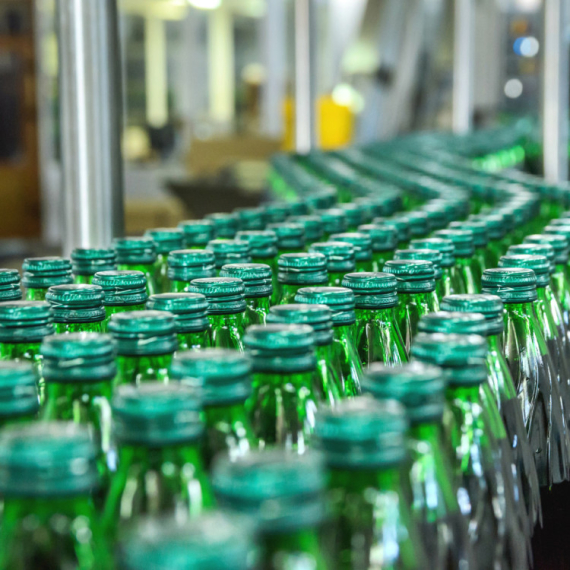




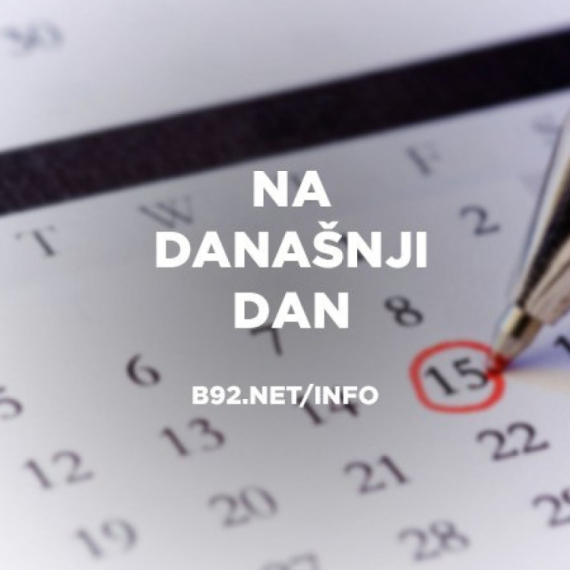



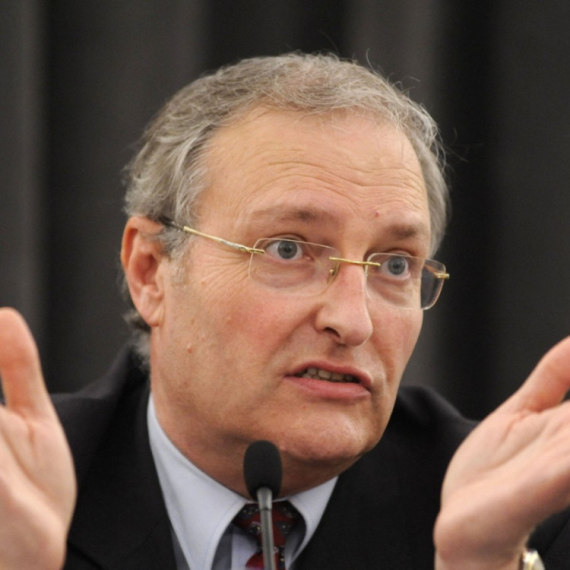
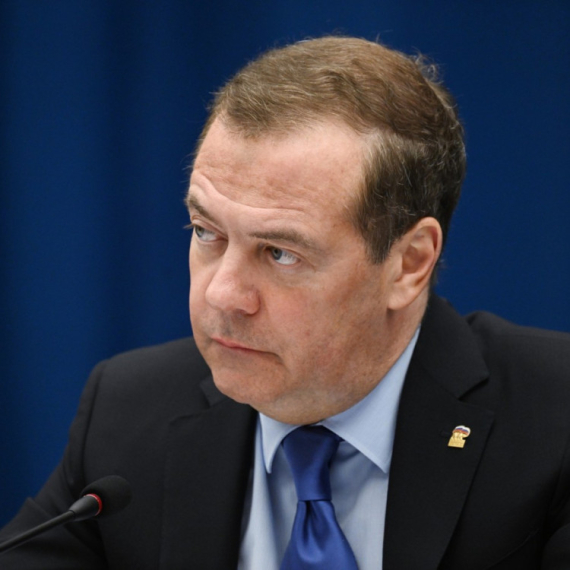
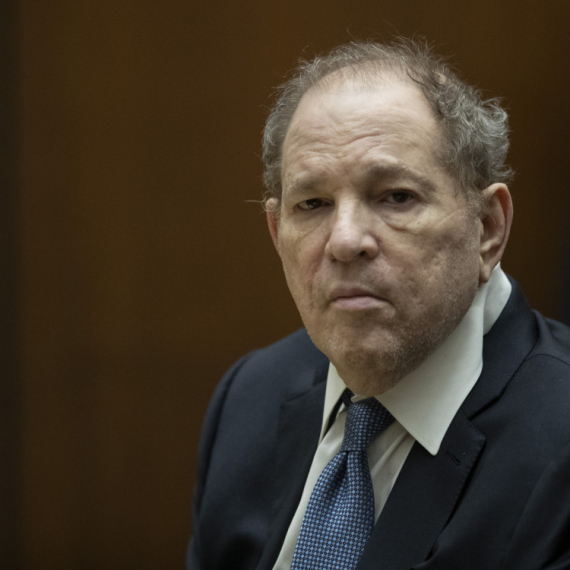
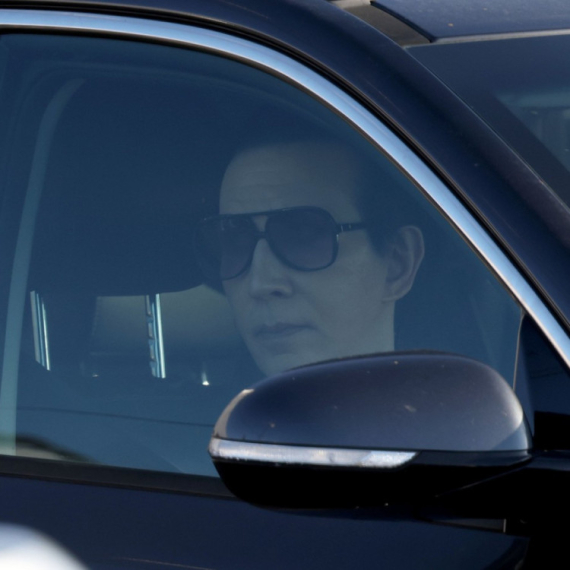















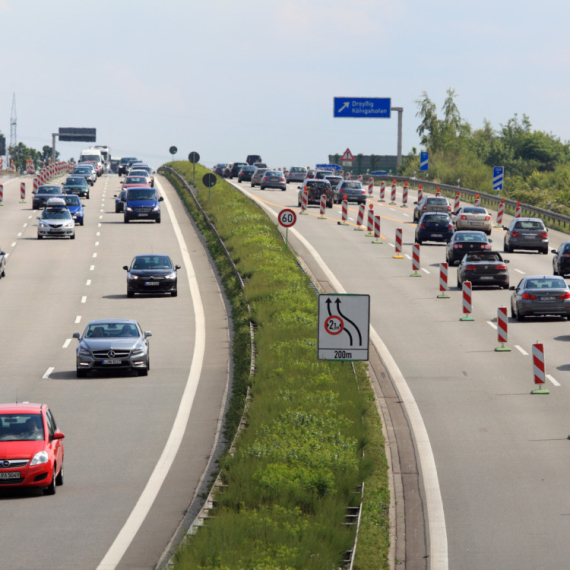


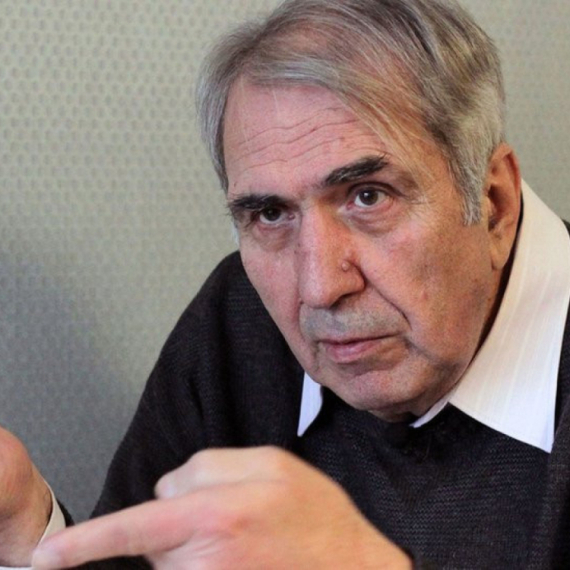





Komentari 14
Pogledaj komentare